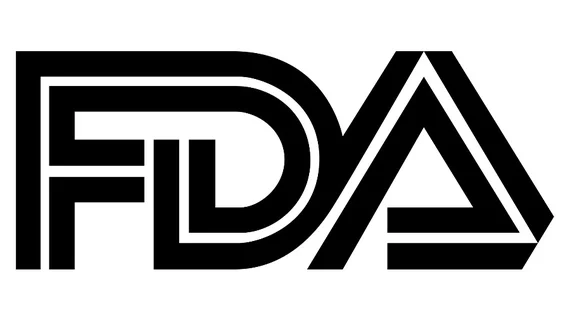FDA recalls valsartan drugs tainted with carcinogen
The FDA on Friday, July 13, joined more than 20 other countries in recalling medications containing valsartan, an active ingredient used to treat hypertension and heart failure. Some of the medications with valsartan have been contaminated with N-nitrosodimethylamine (NDMA), a probable human carcinogen.
According to the FDA’s press release, the presence of NDMA is believed to have stemmed from changes in the way valsartan was manufactured. However, not all valsartan products have been recalled in the U.S.—only those named Valsartan from Major Pharmaceuticals, Solco Healthcare and Teva Pharmaceuticals Industries; and Valsartan/Hydrochlorothiazide from Solco Healthcare and Teva Pharmaceuticals Industries.
“We have carefully assessed the valsartan-containing medications sold in the United States, and we’ve found that the valsartan sold by these specific companies does not meet our safety standards,” said Janet Woodcock, MD, director of the FDA’s Center for Drug Evaluation and Research. “This is why we’ve asked these companies to take immediate action to protect patients.”
The FDA suggested patients on valsartan medications check their prescription bottle or contact their pharmacy to determine if their particular drug has been recalled. If that’s the case, an unaffected valsartan product or an alternative treatment should be explored.
In the meantime, the agency recommended patients continue taking their valsartan medications until they have a replacement product, as these drugs are used to treat serious conditions.
“When we identify lapses in the quality of drugs and problems with their manufacturing that have the potential to create risks to patients, we’re committed to taking swift action to alert the public and help facilitate the removal of the products from the market,” FDA Commissioner Scott Gottlieb, MD, said in the release. “As we seek the removal of certain drug products today, our drug shortages team is also working hard to ensure patients’ therapeutic needs are met in the United States with an adequate supply of unaffected medications.”

